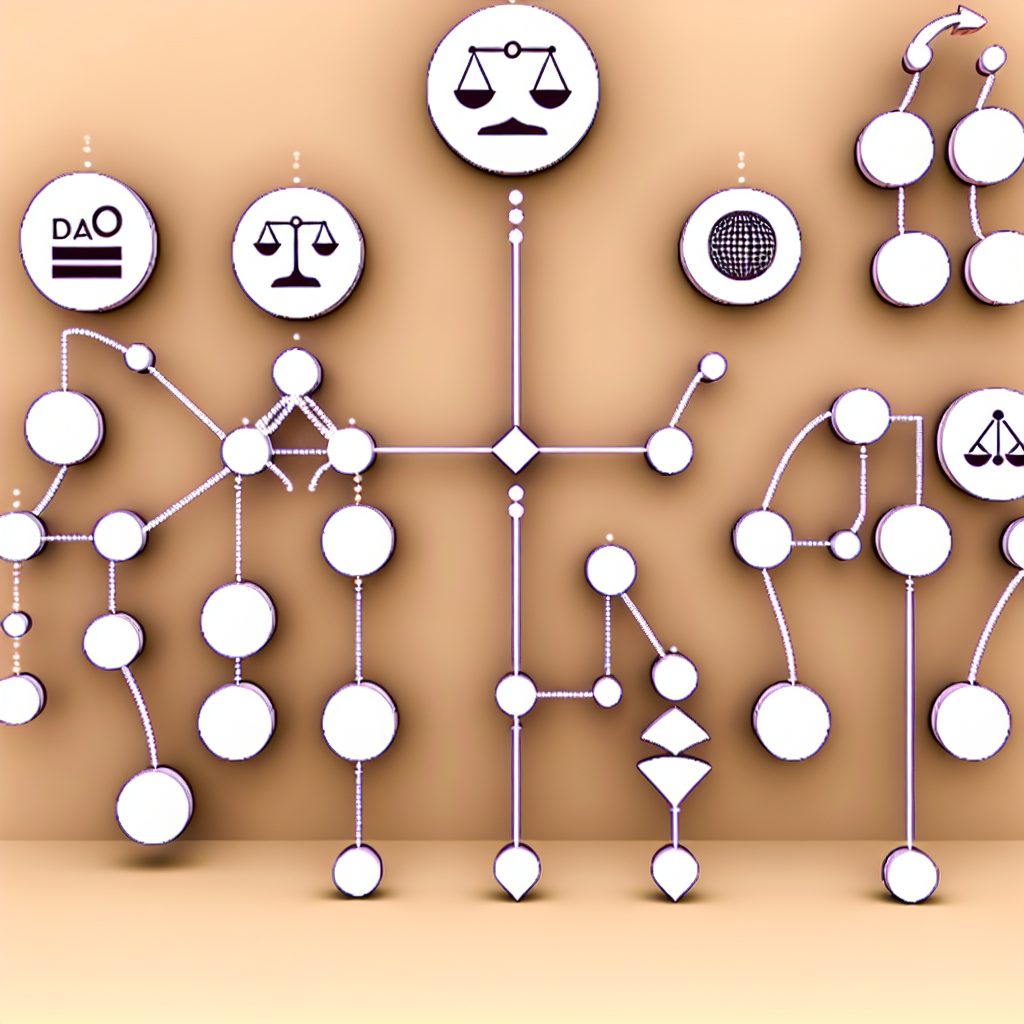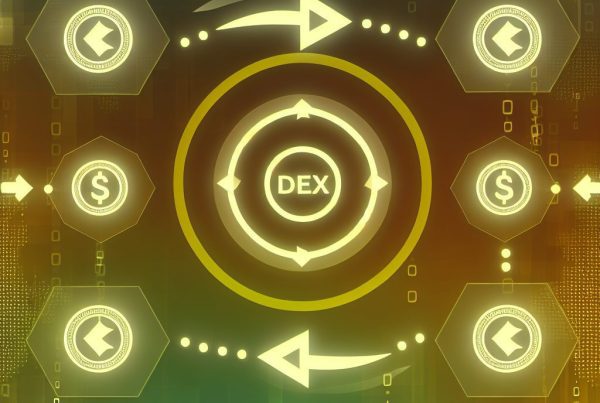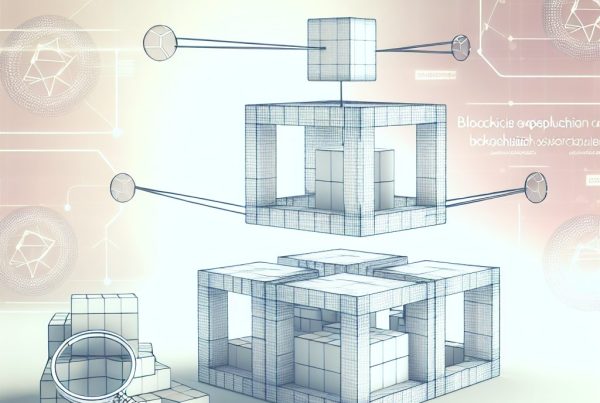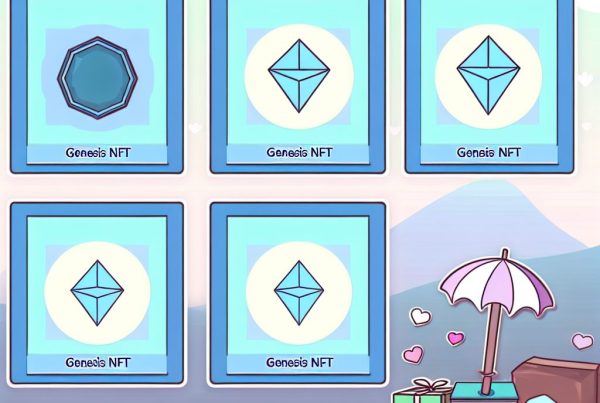What Are DAO Governance Models?
Decentralized Autonomous Organizations (DAOs) have emerged as a revolutionary concept in the cryptocurrency industry, enabling communities to govern themselves without centralized control. The governance models of DAOs are crucial for their functionality, effectiveness, and sustainability. This article delves into the various DAO governance models, their implications, and real-world applications, providing a comprehensive understanding of how these organizations operate.
Understanding DAOs
A DAO is an organization represented by rules encoded as a computer program that is transparent, controlled by organization members and not influenced by a central government. DAOs leverage blockchain technology to facilitate decision-making processes, allowing members to vote on proposals and changes. This structure promotes transparency, accountability, and inclusivity.
The Importance of Governance in DAOs
Governance is the backbone of any DAO. It determines how decisions are made, how power is distributed, and how conflicts are resolved. Effective governance models can enhance participation, foster trust among members, and ensure the long-term viability of the organization. The choice of governance model can significantly impact the DAO’s success and its ability to adapt to changing circumstances.
Types of DAO Governance Models
There are several governance models that DAOs can adopt, each with its unique characteristics and implications. Below are some of the most prominent models:
1. Token-Based Governance
In token-based governance, members hold tokens that represent their voting power. The more tokens a member holds, the greater their influence over decisions. This model is prevalent in many DAOs, including:
- MakerDAO: MakerDAO uses MKR tokens for governance, allowing holders to vote on key decisions such as risk parameters and collateral types.
- Compound: Compound’s governance is driven by COMP tokens, enabling users to propose and vote on protocol changes.
While token-based governance is straightforward, it can lead to centralization if a small number of holders accumulate a significant portion of tokens, potentially undermining the democratic nature of the DAO.

2. Reputation-Based Governance
Reputation-based governance models assign voting power based on a member’s reputation within the community rather than the number of tokens held. This approach aims to reward active and knowledgeable participants. Examples include:
- Aragon: Aragon allows users to build and manage DAOs with a focus on reputation, where voting power is derived from a member’s contributions and engagement.
- Colony: Colony uses a reputation system to allocate voting power, encouraging members to contribute positively to the community.
This model can mitigate the risks of centralization but may introduce complexities in measuring and maintaining reputation.
3. Liquid Democracy
Liquid democracy combines direct and representative democracy, allowing members to either vote directly on issues or delegate their voting power to trusted representatives. This model is flexible and can adapt to the preferences of the community. Notable examples include:
- Democracy Earth: This platform enables users to create liquid democracies, allowing for dynamic delegation of voting power.
- DAOstack: DAOstack incorporates liquid democracy features, enabling members to delegate their votes while still retaining the option to vote directly.
Liquid democracy fosters engagement and can lead to more informed decision-making, but it requires a high level of trust among members.
4. Multi-Signature Governance
Multi-signature governance requires multiple parties to approve decisions, enhancing security and reducing the risk of unilateral actions. This model is often used in conjunction with other governance structures. Examples include:
- Gnosis Safe: Gnosis Safe allows DAOs to manage funds with multi-signature wallets, ensuring that multiple stakeholders must approve transactions.
- BitDAO: BitDAO employs a multi-signature governance model to manage its treasury, requiring consensus among key stakeholders for fund allocation.
This model enhances security but can slow down decision-making processes due to the need for consensus.
5. Hybrid Governance Models
Many DAOs adopt hybrid governance models that combine elements from various approaches to create a tailored solution that meets their specific needs. For instance:
- Yearn Finance: Yearn Finance utilizes a combination of token-based governance and reputation systems to empower its community while ensuring that knowledgeable members have a say in critical decisions.
- Uniswap: Uniswap employs a governance model that allows token holders to vote on protocol changes while also considering the input of liquidity providers and users.
Hybrid models can offer the best of both worlds but may also introduce complexities in governance structures.
Challenges in DAO Governance
While DAO governance models offer innovative solutions for decentralized decision-making, they also face several challenges:
- Centralization Risks: Token-based models can lead to centralization if a few individuals hold a majority of tokens.
- Voter Apathy: Low participation rates in voting can undermine the effectiveness of governance models, leading to decisions that do not reflect the community’s will.
- Complexity: Hybrid models can become overly complex, making it difficult for members to understand their rights and responsibilities.
- Security Concerns: Multi-signature models, while secure, can be vulnerable to collusion among signatories.
Real-World Applications of DAO Governance Models
DAOs have been successfully implemented across various sectors, showcasing the versatility of different governance models. Here are some notable applications:
1. DeFi Protocols
Decentralized Finance (DeFi) protocols like Aave and Compound utilize token-based governance to allow users to vote on protocol upgrades, risk parameters, and other critical decisions. This participatory approach empowers users and aligns the interests of the community with the protocol’s success.
2. Social Impact Initiatives
DAOs are also being used for social impact projects. For example, Giveth is a DAO focused on charitable giving, allowing donors to vote on which projects receive funding. This model ensures that funds are allocated based on community consensus, enhancing transparency and accountability.
3. Creative Projects
Creative DAOs like Muse enable artists and creators to collaborate on projects while sharing governance. Members can vote on project direction, funding allocations, and other key decisions, fostering a sense of ownership and community.
Future Trends in DAO Governance
The landscape of DAO governance is continually evolving. Here are some trends to watch for in the coming years:
- Increased Regulation: As DAOs gain prominence, regulatory bodies may introduce frameworks to govern their operations, impacting governance models.
- Enhanced Tools for Governance: The development of sophisticated governance tools and platforms will facilitate more effective decision-making processes.
- Focus on Inclusivity: Future DAOs may prioritize inclusivity, ensuring that diverse voices are heard in governance processes.
- Integration with Traditional Organizations: We may see more collaborations between DAOs and traditional organizations, blending decentralized governance with established practices.
FAQs about DAO Governance Models
What is a DAO?
A DAO, or Decentralized Autonomous Organization, is an organization governed by smart contracts on a blockchain, allowing members to make decisions collectively without centralized control.
How do DAO governance models work?
DAO governance models define how decisions are made within the organization, including voting mechanisms, power distribution, and proposal processes. Common models include token-based, reputation-based, and liquid democracy.
What are the benefits of using a DAO governance model?
DAO governance models promote transparency, inclusivity, and community engagement, allowing members to have a direct say in the organization’s direction and operations.
What challenges do DAOs face in governance?
DAOs face challenges such as centralization risks, voter apathy, complexity in governance structures, and security concerns related to decision-making processes.
Conclusion
DAO governance models represent a significant shift in how organizations can operate in a decentralized manner. By understanding the various models available, their benefits, and their challenges, stakeholders can make informed decisions about how to participate in and contribute to these innovative structures. As the cryptocurrency industry continues to evolve, the importance of effective governance in DAOs will only grow, shaping the future of decentralized organizations.
For the latest updates on cryptocurrency news and price tracking, visit Bitrabo. Stay connected with me on social media: follow me on X, Instagram, and Threads.
Disclaimer: This article is for informational purposes only and should not be considered financial advice. Always conduct your own research before making investment decisions.
The Crypto Watchlist of the Week 🔎
Subscribe to receive expert-curated projects with real potential—plus trends, risks, and insights that matter. Get handpicked crypto projects, deep analysis & market updates delivered to you.


